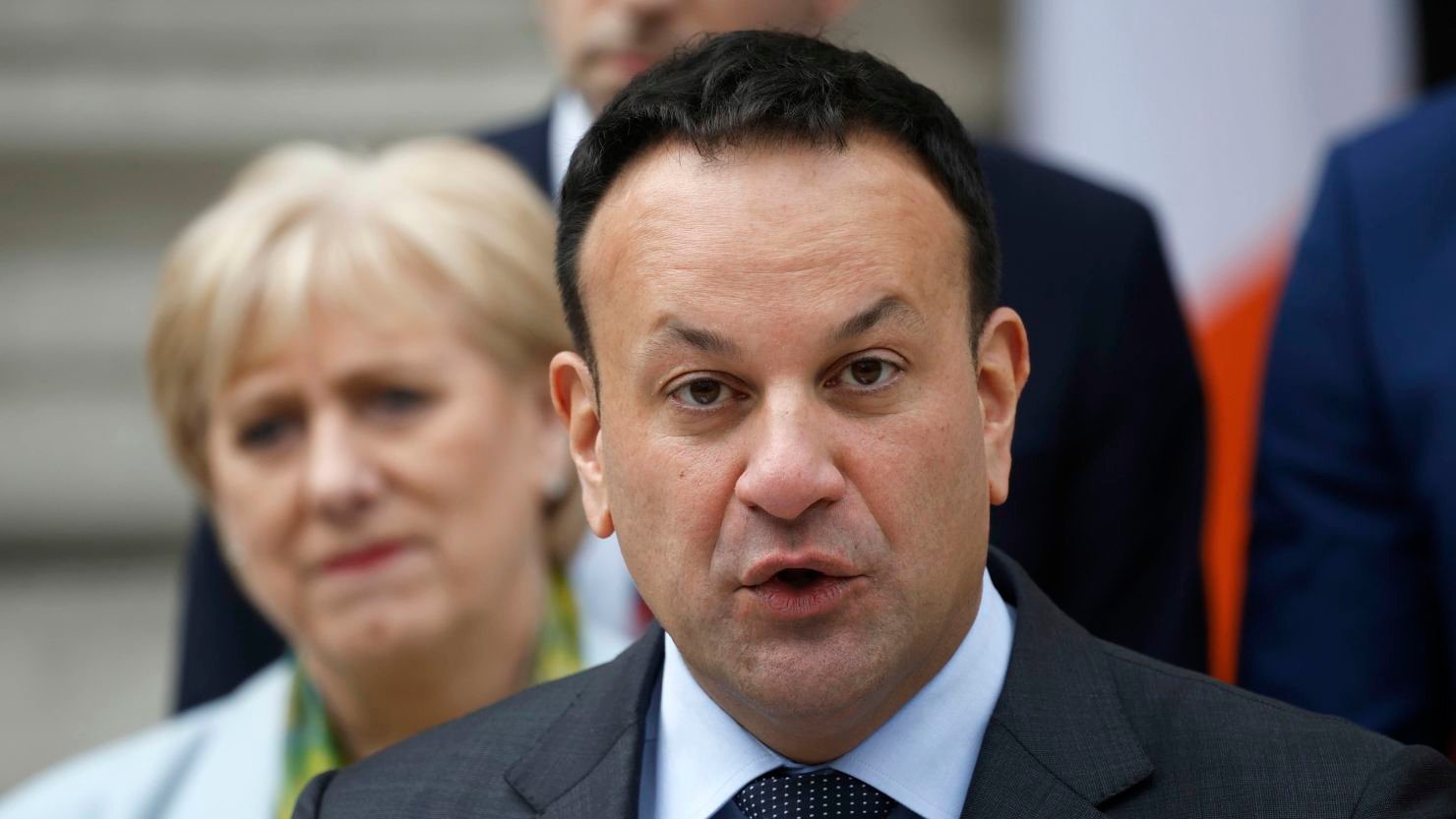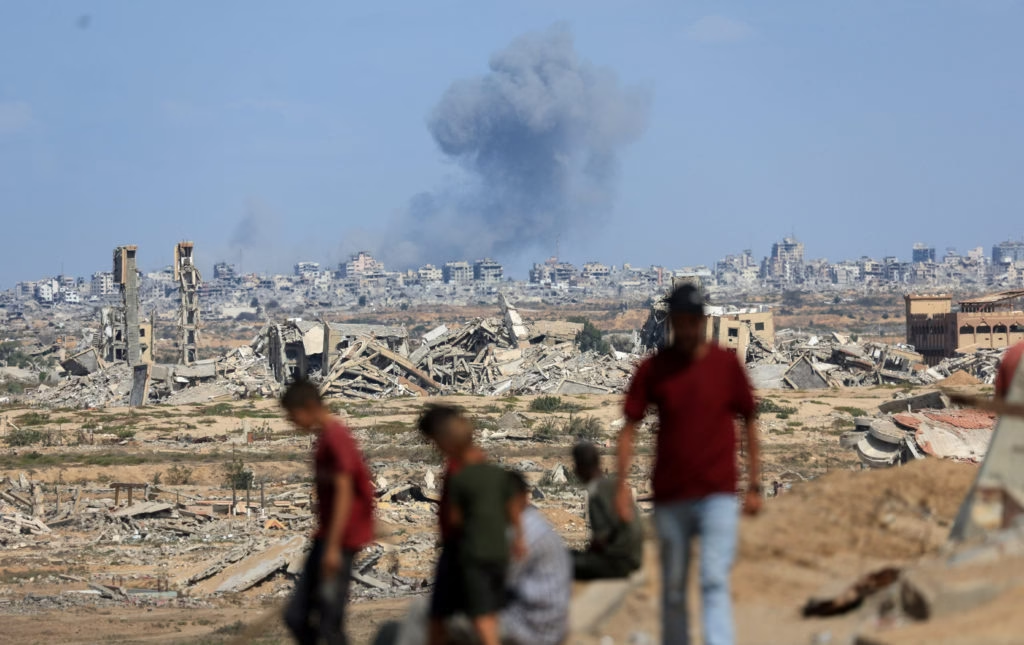Leo Varadkar stunned the nation by announcing his resignation as Ireland’s prime minister on Wednesday, citing the potential for the coalition government’s re-election under new leadership.
Fine Gael will commence the process of selecting a new leader on Thursday, with the outcome to be revealed on April 5. Parliament will then vote on the new prime minister following the Easter recess on April 9. Varadkar’s departure, although unexpected, does not necessitate a general election, with voting mandated by March 2025.
In an emotional address at government buildings in Dublin, Varadkar, 45, emphasized both personal and political reasons for his decision, expressing his belief that a fresh leader would bolster the coalition’s electoral prospects.
The incoming prime minister faces the challenge of narrowing the opinion poll deficit against Sinn Fein, the principal opposition party. Despite this hurdle, polls indicate a potential for the current three-party coalition’s re-election, albeit with Fine Gael facing the absence of approximately one-third of its incumbent lawmakers.
Bookmaker Paddy Power has identified Higher Education Minister Simon Harris as the frontrunner to succeed Varadkar, with contenders including Paschal Donohoe and Helen McEntee. Although Fine Gael’s weighted vote system grants considerable influence to its lawmakers, Professor David Farrell of University College Dublin notes the absence of a clear standout candidate.
Varadkar’s tenure saw significant strides in economic recovery and social reform, yet challenges remain, notably in addressing housing issues and managing the influx of asylum seekers and Ukrainian refugees. Despite these challenges, Varadkar’s government navigated Brexit negotiations and the COVID-19 pandemic, alongside progressive reforms such as the legalization of same-sex marriage.
Varadkar’s resignation came as a surprise to coalition partners, who pledged support for his successor in fulfilling the government’s mandate. While the new prime minister is unlikely to alter the coalition’s policy direction, Varadkar’s departure marks a significant transition in Irish politics.
Varadkar asserted that his decision to step down was prompted by personal considerations and denied any concrete plans for the future. Reflecting on his tenure, he emphasized the human aspect of politics and the inevitability of change.
In the wake of Varadkar’s announcement, discussions surrounding Irish unity have gained prominence, with Reuters World News daily podcast featuring a special episode on the subject.



